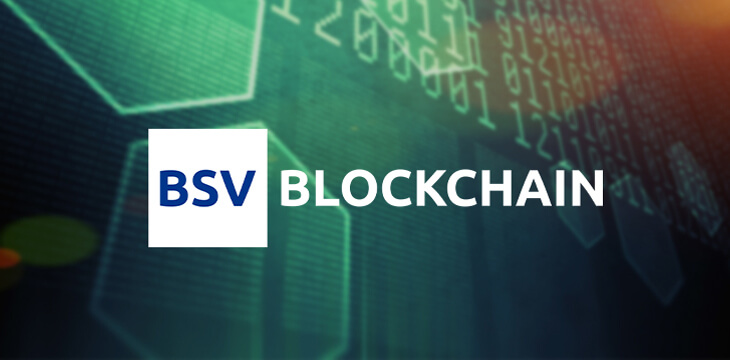|
Getting your Trinity Audio player ready...
|
In the BSV world, we don’t like to brag too much about our huge blocks. Wait… yes, we do. So it gives us great pleasure to inform you that a new record block almost 1GB in size was processed on the BSV mainnet today. It breaks the previous record of 638MB in March 2021.
The record-sized block in question today was #699097, processed on August 6, 2021, at 4:04 a.m. UTC by an unknown miner. It included 11,785 transactions and earned 5.03489686 BSV in fees (~US$707 at current prices) as well as the standard 6.25 BSV block subsidy.
This just happened on mainnet. pic.twitter.com/md5JV0UAaz
— Shadders (@shadders333) August 6, 2021
11,785 transactions in a block is a lot, and the previous record-sized block (in data size) contained 2,674 of them. It’s believed most of today’s data came from MetaID, along with other large blocks in the same day of around 400-500MB. MetaID is a Chinese service that includes a social network with portable user identities.
Processors SVPool and TAAL Distributed Information Technologies Inc. (CSE:TAAL | FWB:9SQ1 | OTC: TAALF) listed their “soft cap” to 1GB this week, which means more large blocks will probably follow soon. BSV’s protocol has no hard-cap limit on transaction block sizes, leaving node operators to set their own limit. The Bitcoin SV Node team is recommending processers/miners set their cap at 1GB for the time being, to match others on the network.
Should processors choose to lift that soft cap further, it’s possible they could process blocks where the total fees earned is higher than the 6.25 BSV block subsidy. That would be a watershed moment for the BSV network.
We like big blocks
While this is impressive, Bitcoin is barely getting started. 2021 will see the initial test releases of Teranode, a built-from-scratch version of the Bitcoin protocol that follows all the same rules as set out in the 2008 Bitcoin white paper, but can serve enterprise-tier applications with transaction blocks of 1TB in size… or more.
Blocks have been getting ever-larger on the BSV network as more and more apps join the ecosystem, using thousands of micro- and nano-transactions to record and timestamp small amounts of data at high volume.
A glance at the BSV app rankings for this week shows the field now dominated by gaming and social media apps. The top 10 list includes game apps CryptoFights, Peergame, and Haste; and social media apps Twetch, Memo.SV, ShowBuzz, and CityOnChain.
It’s important to note that apps like these (and MetaID), which have become wildly popular in the era of mobile devices, could not exist on BTC or BCH, the two other networks using the original Bitcoin transaction database. With its 1MB block limit, BTC struggles to record more than 5 transactions globally per second at high fees, while BCH (a “large blocker”) network, is still limited to 32MB of data per block.
In fact, only two apps in the top 10 list are actually labelled “finance” (TDXP and Preev). The highest-ranked app primarily concerned with payments is PewPew, at #12. With these stats it becomes clear that BSV’s mission is not necessarily to convince people to use/accept Bitcoin as monetary payments, or get into debates over whether Bitcoin is better money than local fiat currencies.
BSV still handles ordinary payment transactions extremely well. They’re near-instant and cost only a fraction of a cent to send. But it shows that Bitcoin has also moved beyond being a simple payments infrastructure, and onto something far more useful.
It’s the ability to process and secure massive amounts of data on the Bitcoin blockchain that makes BSV unique. It’s what makes BSV the original unbounded-scaling Bitcoin and true vision of Satoshi Nakamoto. While others wasted years arguing over whether Bitcoin could process transaction blocks over 1MB in size, BSV has continuously made a mockery of their doubts since November 2018.
Watch: Teranode Live Demo Shows 50K TPS on BSV Blockchain

 02-27-2026
02-27-2026 




